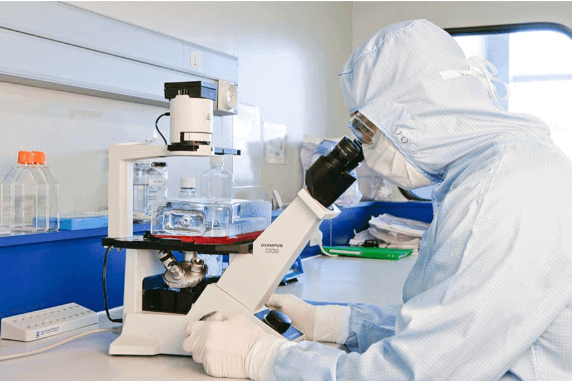Umbilical cord stem cells.
Was shaped in 2012, from the need of a gathering of health experts and scientists, to give protected and dependable choices in the space of Biotechnology and Regenerative Medicine. This through the formation of a Stem Cell Bank for Therapeutic purposes and consequently have the option to give certainty to the master specialist in Regenerative Medicine, that the items and side-effects got from stem cells were protected and successful to give a reciprocal treatment choice.
Guadalajara, Mexico
From the start with strong standards dependent on the science, morals and nature of our cycles and supplies, they have consummated every one of the stages from getting, handling, refined, bundling to the cryopreservation of stem cells and in this way both the master specialist in Regenerative Medicine As the competitor patient to get the treatment, feel sure that the impacts so generally recorded and distributed in different global clinical diaries of incredible weight will be gotten.
Stem Cell Therapy in Guadalajara Mexico
Clinic located in the Metropolitan area of Mexico with geographical location and air connections that favor adequate communication across most states. The team currently has licenses for stem cell management which will allow them to provide treatments across all national territories.
The first stem cell clinic of its kind, where we offer hope for improvement to patients with alternative therapy.
Stem Cell Clinic started it all back in 2012 where our goal is not only on how can stem cells be used as therapy or treatments but also educate people about this new field so they know what their options really mean when being treated with regenerative medicine!
Here are several advantages that patients can obtain through Stem Cell Center in Guadalajara, Mexico :
Best and High Quality Medical services.
Doctors and Scientists are certified.
Affordable cost of regenerative treatments.
Online booking/reservation for 24/7
Shuttle facilities from/to airport-hospital-hotels
Meals for patients, Wi-Fi, and Private Room
 WhatsApp Chat With a Doctor Now:
WhatsApp Chat With a Doctor Now:
+447778936902 (United Kingdom ![]() )
)
+33745637397 (France ![]() )
)
+34670491885 (Spain ![]() )
)
+4915510611667 (Germany ![]() )
)
e-mail: head_office@nbscience.com


